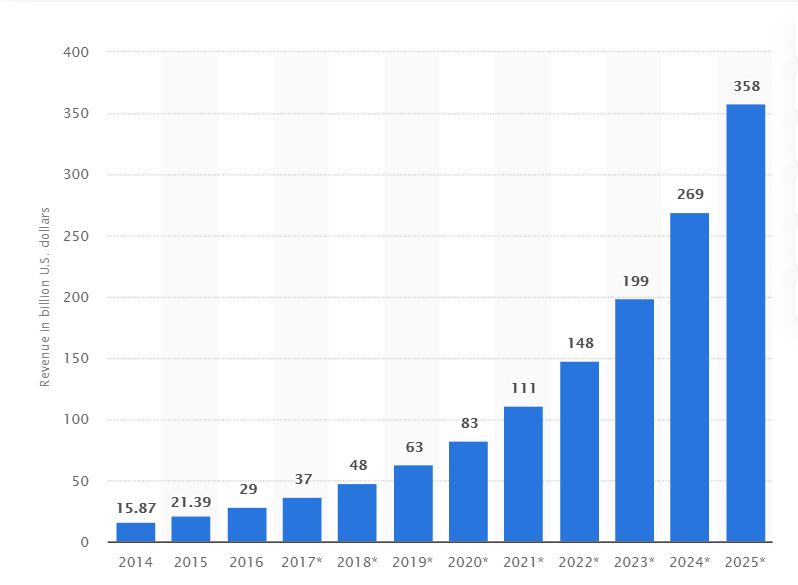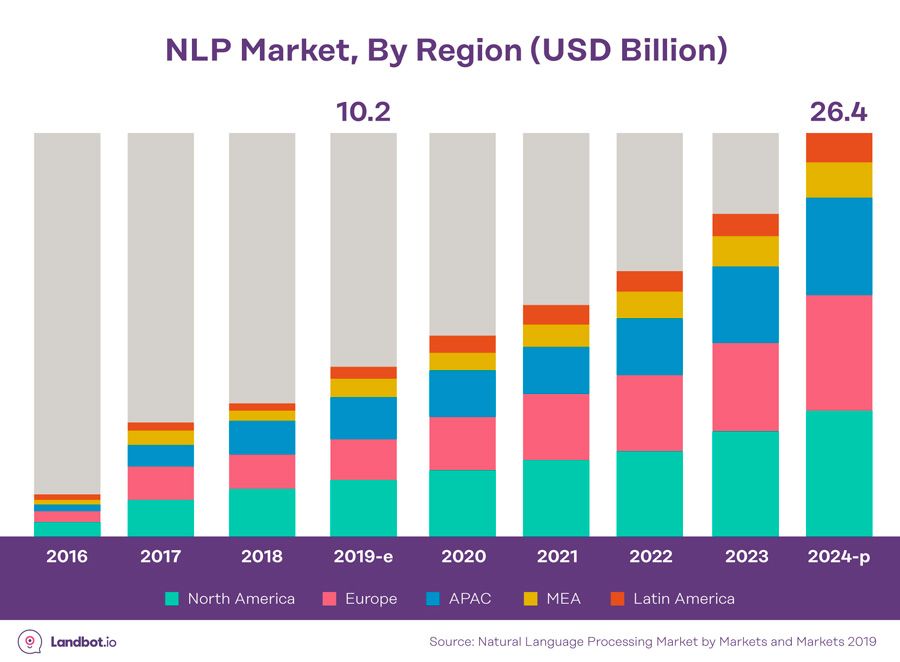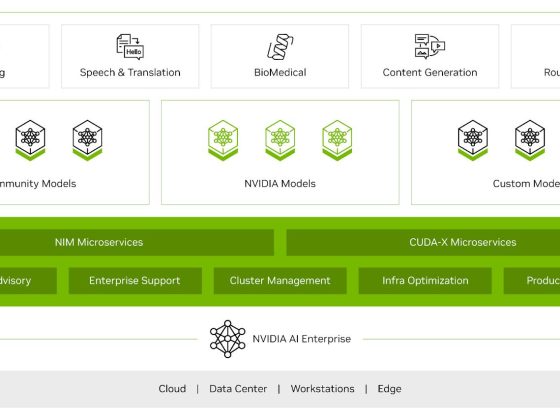FinTech companies are posing a big threat to traditional banks and are set to replace them. They have gained immense popularity in a short period thanks to their flexible business practices, use of technology, and customer-focused services. Due to this, we are slowly seeing the market share of traditional banks slowly but surely decrease. Meanwhile, the market share of these FinTech companies is steadily growing.
We already see more and more banks move towards online and branchless banking due to COVID-19 but will it be enough for these banks to survive and thrive in a FinTech future? If it is not then, how can traditional banks stay relevant by using technology such as conversational AI to their advantage? That is exactly what we will discuss in this article.
From our partners:
In this article, you will learn about seven ways in which traditional banks can use conversational AI to stay relevant in today’s digitalization age.
1. Rise of Contactless Payment Method
Conversational AI can help traditional banks cater to customer needs in a much better way by identifying their preferences. The rising health concerns due to COVID-19 have forced banks to adopt contactless payment methods. According to a consumer study conducted by MasterCard, 79% of respondents are using contactless payment methods. Moreover, contactless payment methods have grown twice as fast as traditional payment methods. Here is how the contactless payment market grew in the United States.

Banks can harness the power of AI assistants to remove friction from online transactions and make them more convenient to perform for users. Due to this, you don’t have to visit a bank physically or talk to a human agent to complete your transaction. This can increase customer satisfaction and increase revenue in the long run.
2. Omni-channel Banking Services
You might have heard the word “omnichannel” being used in media, marketing, and retail but now it will make its way into banking and finance. The problem with traditional banks is that they did not Omni-channel banking services but this trend is also changing.
Whether you want to send money, apply for a credit card or loan or pay your bills, you can do it through your favorite messaging apps thanks to conversational AI technology. It gives users more freedom, convenience, and options to perform a financial transaction. It gives the user choices to switch between channels without disrupting or fragmenting their journey.
3. Race For Survival
If traditional banks want to survive in today’s digital world, they will have to embrace technology. Conversational AI is one of the technologies they must adopt to do that. As AI-powered assistants become more and more mature, they can handle the majority of queries customers throw at banks. Traditional banks can implement them and save a lot of resources while increasing their efficiency.
What’s even better is that you can also customize these AI assistants and add more use cases depending on your questions your customers frequently ask or are more likely to ask. You don’t need to hire customer service representatives and train them to handle different situations.
4. Increase Revenue
Another benefit of adopting conversational AI is that it helps you generate more leads and hence, increases your revenue. As more and more customers interact with AI assistants, it will be much easier for users to identify their behavior patterns and customer preferences. This allows you to tailor your banking services according to your customer needs and offer them a more personalized banking experience.

You can also use that data to create personalized products and services for your customers which are targeted towards fulfilling their financial needs. Due to this, we might see traditional banks focus more on chatbot development instead of app development in years to come. App developers have to adapt to stay relevant in the future.
5. Top-of-The-Line Security
When you go all out with enterprise-grade conversational AI solutions, you also get foolproof security that can help you win customer trust and accelerate business growth. AI assistants which are created by using an enterprise solution prioritizes security which means that AI-powered bots it creates can handle critical cybersecurity threats which can target your business. If you are developing a virtual assistant, make sure you do it with security in mind because it might be collecting and using a lot of sensitive user data which should never end up in the wrong hands.
6. Adaptability
The pace at which the banking and finance industry is evolving is forcing traditional banks to adapt quickly to emerging changes and stay agile. The advantage of adopting conversational AI and merging it with an agile approach is that it helps you respond to changes in a more efficient manner. Since conversational AI possesses cognitive intelligence, it enables banks to introduce new offers, respond to customer demands as well as market and industry changes effectively.
This COVID-19 pandemic is the best example in this regard. Banks that put more emphasis on contactless payments and branchless banking are the ones that not only survived but also thrived during this pandemic as people are reluctant to visit the brick and mortar-based banks to perform financial transactions.
Traditional banks will have to convert themselves into an innovation unit in order to continuously introduce new and effective products and services for their customers. This will surely increase the competition in the banking industry and allows new players to enter with amazing new products and services.
7. Eliminating Legacy Systems
Just like other businesses banks are also stuck with legacy systems, which are costing banks huge sums of money every year. As the expectation of customers continues to grow, these legacy systems fail to meet your demands and put banks on higher security risk.
As these systems age, their maintenance becomes even more difficult. You need to ditch these legacy systems and adopt conversational AI which uses cloud storage to store all the records, making them more accessible, scalable, and secure in the process. This will increase the operational efficiency of banks and remove bottlenecks caused due to legacy systems.
What traditional banks can do to survive in a FinTech future? Share it with us on Twitter.
This article is republished from hackernoon.com
For enquiries, product placements, sponsorships, and collaborations, connect with us at [email protected]. We'd love to hear from you!
Our humans need coffee too! Your support is highly appreciated, thank you!








